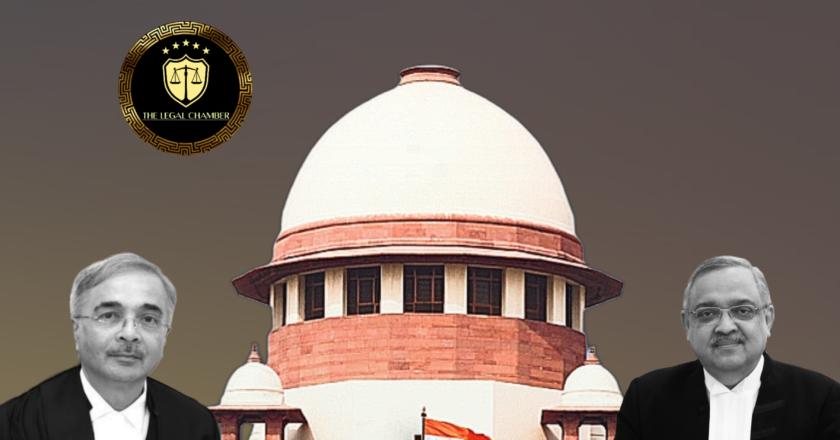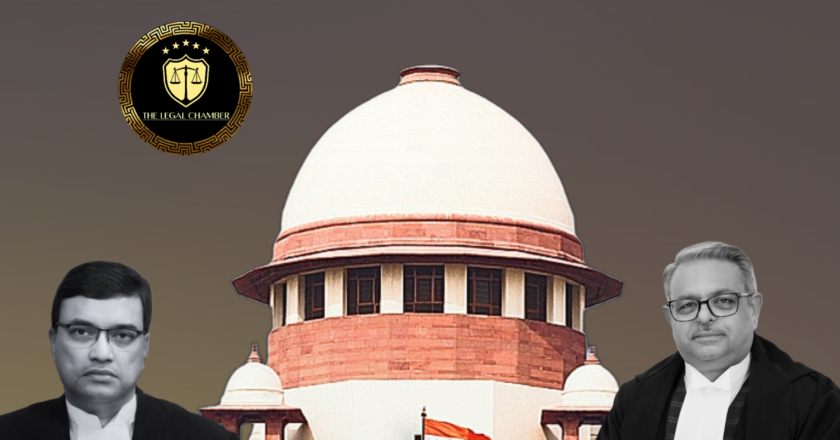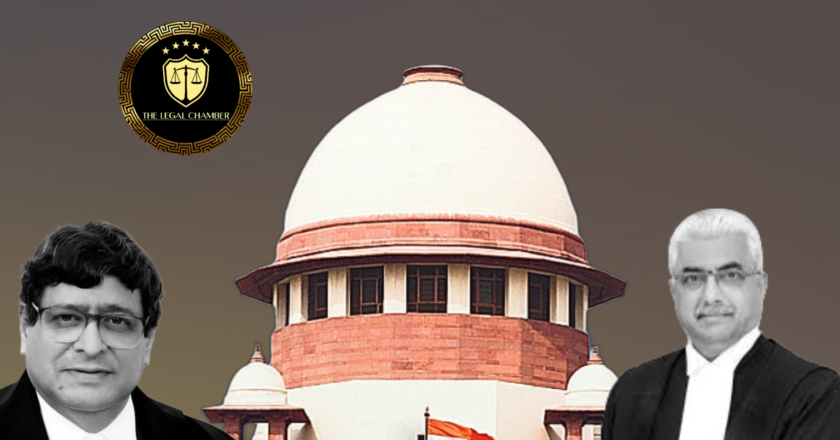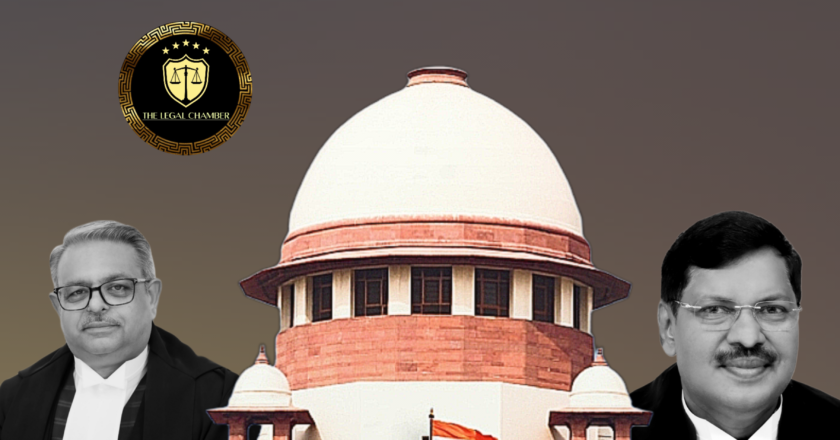Supreme Court: Civil Courts Can Hear Cases If Land is Declared Non-Agricultural During Trial
The Supreme Court held that jurisdiction is determined by the nature of the land at the time of adjudication, not filing. A subsequent declaration of land as non-agricultural under the UPZALR Act during pending proceedings validates a civil court's jurisdiction, and appeals are a continuation of the original suit.
Facts Of The Case:
In 1970, the appellant-landlord and the predecessor of respondents 1-3 entered a registered tenancy agreement for a piece of land to establish an Indian Oil petrol pump at a monthly rent of ₹150. The tenant defaulted on rent payments from July 1972, prompting the landlord to file a suit for eviction and arrears of rent in 1974 in the Civil Court. The tenants contested the Civil Court's jurisdiction, claiming the land was agricultural and thus only the Revenue...






